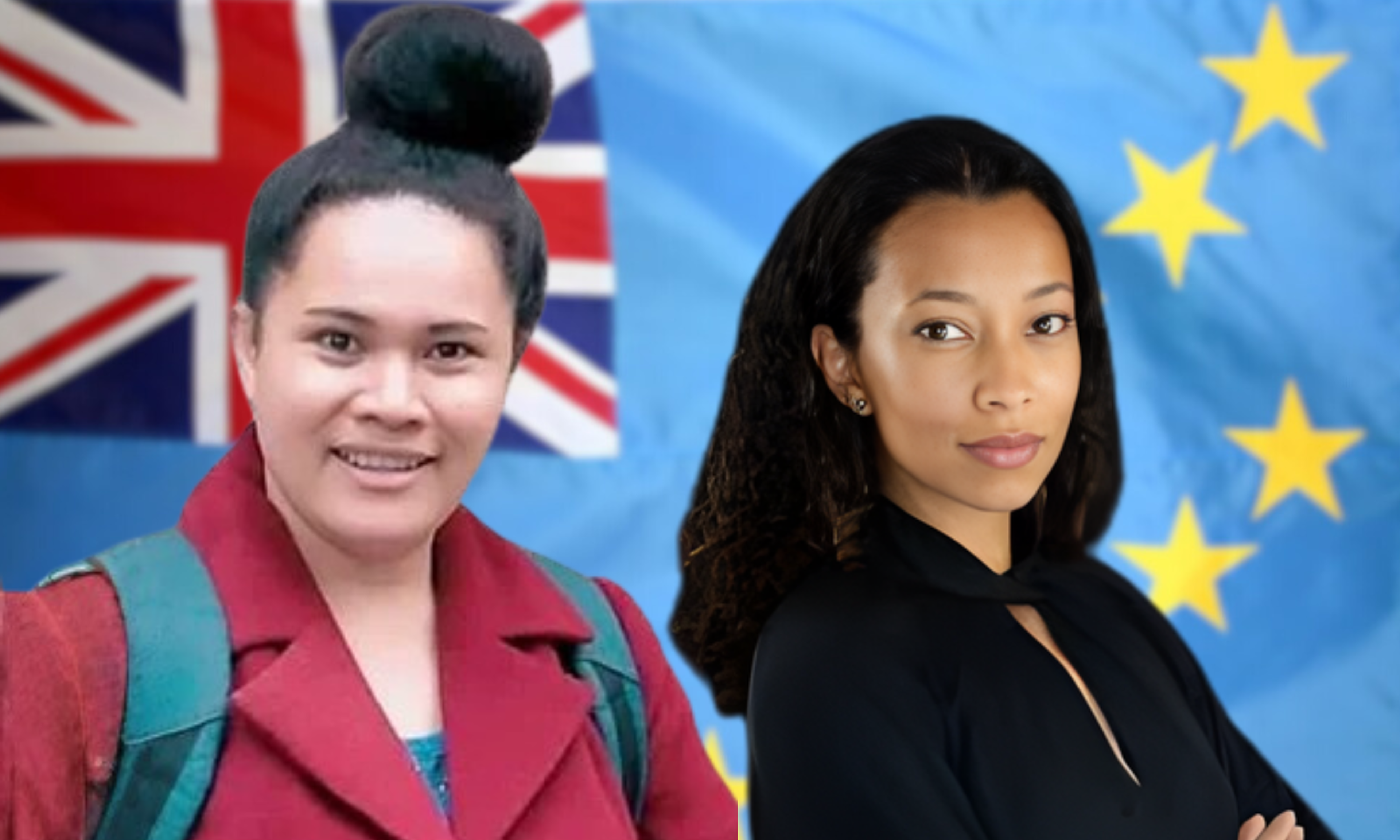

Tautahi performing artists will arrive in Tahiti on 20 November for the inaugural Matari'i i ni'a festival.
Photo/Tautahi/Instagram
Matari’i Festival in Tahiti welcomes Tongan performers for historic celebration
Sydney-based Tautahi Artists will join the first-ever public holiday observations, uniting dancers from across the Pacific, Aotearoa, Australia, and the United States.



Realm relations in focus as Tokelau-NZ marks 100-year history


‘One of our most trusted leaders’: Tributes flow for a beloved rangatira


Realm relations in focus as Tokelau-NZ marks 100-year history

When Tahiti celebrates Matari’i i ni’a as a public holiday for the first time this month, a troupe of artists will bring ancient Tongan stories to life through dance and music.
Scheduled for 20 November, Matari’i i ni’a marks the rising of the star cluster known in Aotearoa New Zealand as Matariki and across the world as Pleiades. Many Pacific nations will join local Tahitian communities in welcoming the season of abundance, as the land and sea provide plentiful resources.
Tautahi, a Sydney-based Tongan performing group led by Sisi’uno Helu, an extraordinary choreographer extraordinaire, will participate in this historic event. Dancers from Australia, Aotearoa, and the United States will come together to revive Tongan history, including its gods, goddesses, and warriors.
“It's the first time the indigenous people of Tahiti are allowed to celebrate their own public holiday,” Leki Jackson-Bourke, Tautahi’s assistant director and lead male dancer, says in an interview on Pacific Days.
“Honouring our ancestors and their journey of navigation. Different islands have been invited to go and perform at this festival. We're going over to represent Tonga.
The Tahitian government sought guidance last year from Dr Rangi Mātāmua ONZM, a prominent Māori cultural and astronomy academic who advises the New Zealand Government on its Matariki observations, on how to incorporate the celebration into national life.
Watch Leki Jackson-Bourke's full interview below.
The occasion reflects a growing movement across the Pacific to reconnect with ancestral knowledge and localised traditions.
For Jackson-Bourke, who is from Neiafu Vava’u and Ha’apai in Tonga, Hakupu in Niue, and Talimatau, Vaie’e, Vailima, and Vailoa Palauli in Sāmoa, the trip represents a deep cultural exchange.
“Looking forward to it,” he says. “I know the Tongans over there already know that we're coming, because they already sent us an invite to host us.
“That's just a reflection of our Tongan people. No matter where you go in the world, our people love to host and be proud to be Tongan. Even if we win or lose the rugby league, it doesn't matter because blood is thicker than water.”
Te Ao Māori News reported that Mātāmua visited Tahiti during Matariki last year to share how Aotearoa developed its own public holiday recognising the star cluster.
“I received an invitation from the Tahitian Government to discuss Matariki,” Mātāmua told Te Ao. “They have been observing the work our people have been doing here in New Zealand, how we celebrate Matariki, and now recognise Matariki as a public holiday.
“The idea in Tahiti is to follow a similar pathway by setting aside a day in the year as a public holiday to celebrate the Pleiades. As you know, Pleiades is evident in every place and island throughout the Pacific.”
Matari’i i ni’a is also a time to give thanks for nature’s abundance, with celebrations featuring tropical fruits, fresh fish, and community feasts. Ceremonies and collective activities emphasise the importance of caring for the environment and maintaining traditional knowledge.
Each island celebrates Matari’i i ni’a in its own way, with dance, song, craft, and storytelling connecting people to land, sea, and stars:
In Tahiti, communities gather for traditional performances and craft exhibitions.
Bora Bora highlights shell craft and jewellery-making.
On Huahine and Ra’i’atea, elders share stories and legends of navigation and the stars.
In Mo’orea, weaving and flower crown workshops celebrate renewal and growth.
Festivities will begin in Papeete, with a closing ceremony at Tatatua Park in Tautira on 22 November.
In a social media post, Helu says a Fangufangu (Tongan nose flute) musician will join the Tongan delegation and they plan to offer ngatu (tapa), dance, and music workshops.
“Tautahi aims at showcasing ancient music, dances, sounds and songs of Tonga,” her post read. “We cannot wait to share the knowledge and talent of our young Tautahi artist ‘Uluakimaka Fulivai Kaivelata of Hikule'o O Ono'aho playing the Fangufangu.”
Helu is a respected Tongan academic, film producer, and performing artist whose father, Dr Futa Helu, was a well-known philosopher and historian who founded Tonga’s ‘Atenisi Institute. Helu has succeeded her father as the institute’s president.
Learning Tongan faiva (performance) under Helu has been a humble journey of reconnection for Jackson-Bourke.
“It's really overwhelming as a New Zealand-born Tongan…when Sisi'uno is teaching us stuff, and Niulala (her brother) as well, it's like a portal into our ancestors,” Jackson-Bourke says.
“The faivas that they teach are so ancient…we don't just learn the faiva and the actions and the haka, we have to learn the meaning behind it.
“We have to learn the story that's associated with it, where it started from and stuff like that. The dance is just the tip of the iceberg.
Jackson-Bourke says the group's repertoire includes ancient forms like me’elaufola (Tongan waltz, a predecessor to the modern Lakalaka) and the nasal tone of traditional chants.
“Even in the music, there's certain things that they teach us how to sing in Tongan,” he says. “This is how our ancestors sang.
“I know some people, it's not their thing, they don't like that. But personally, I love listening to it and hearing it. Both traditional and contemporary forms have to exist together.”
Tautahi will meet with the Tongan community in Papeete before travelling to Ra’i’atea to attend traditional ceremonies at Taputapu’atea. The group will depart Aotearoa on 20 November.